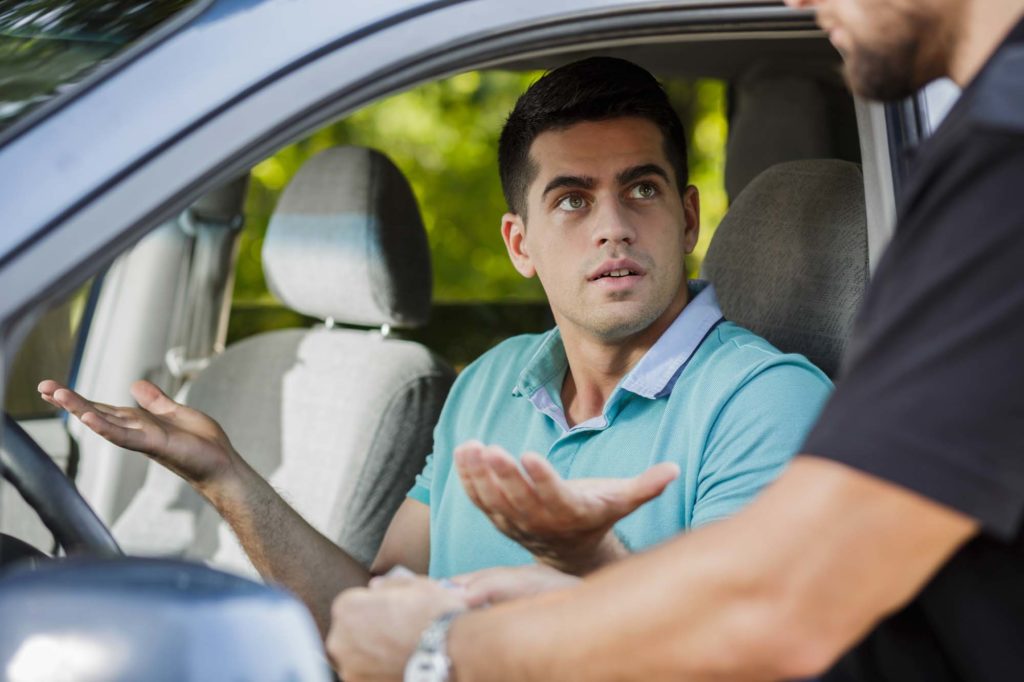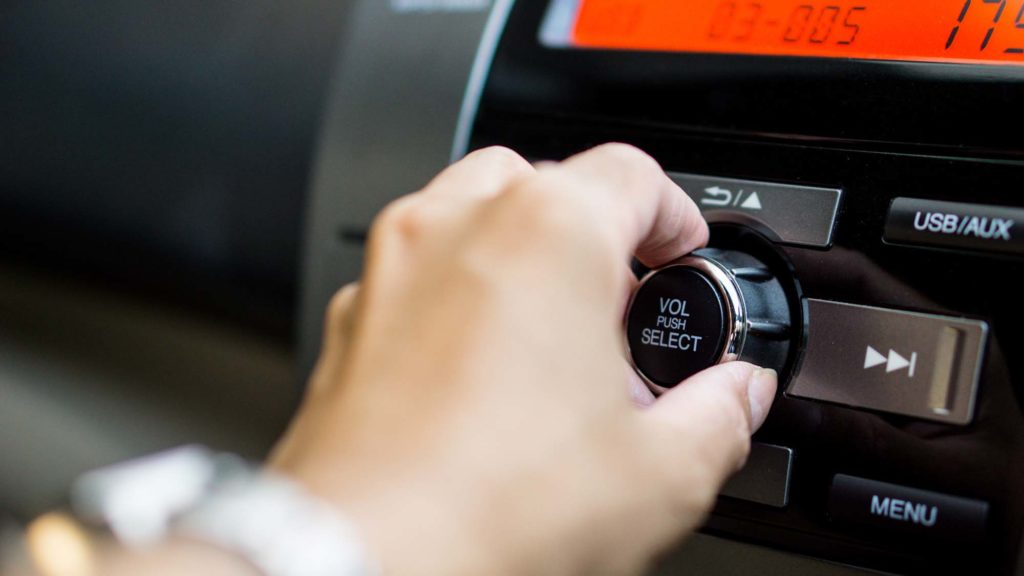About 90% of drivers listen to music while driving. Most people do it to have fun and stay awake, while others use it as a great conversation piece with passengers. But when you’re out on the road and jamming along to the tunes on the radio, you might want to think twice before you crank up the volume.
Can Cops Pull You Over for Playing Loud Music?

Yes, especially when you’re loud enough to cause a commotion. In most cases, you could get pulled over and receive a warning from a police officer, but it’s possible to have a traffic violation as well.
State Regulations on Loud Sound Systems
Technically, there are no federal laws that limit the volume of your vehicle’s sound system in terms of decibels. However, some states have rules when it comes to driving with loud music.
In Florida, for example, authorities state that the sound coming from vehicle devices shouldn’t be audible at a distance of more than 25 feet. This includes the loud noises coming from exhaust pipes, large subwoofers, and train horns.

In California, the noises coming from these devices shouldn’t be heard at a distance of more than 50 feet. Only emergency and police vehicles are exempted from such state regulations.
It’s also important to note that neighborhoods and cities can have their own ordinances regarding this matter even if there are no state regulations. Most noise ordinances are observed on public property like parks, parking lots, and roadsides.
Why Shouldn’t You Play Loud Music In the Car?
Aside from the fact that you might not be able to hear the police or ambulance siren behind you, driving with super loud music in the car can increase the risk of getting into an accident.
According to a study by scientists from Memorial University in Newfoundland, blasting tunes on your car stereo can reduce your reaction time by 20%.

In another study from the South China University of Technology, upbeat music or those with a higher tempo than normal can cause drivers to go over five miles per hour than the speed limit. This increases the risk of a crash. The same study also revealed that listening to rock music caused drivers to change lanes twice as much as those who listened to other genres.
But it’s not only upbeat songs that can get you distracted while driving. Several studies show that jamming to your favorite songs can also divert your attention from the road because you tend to focus more on the music than your driving.
Key Takeaways
Listening to music while driving isn’t illegal, but you should make sure that you’re not playing music too loud. And if you’re deliberately causing trouble by blasting tunes, a warning can quickly turn into a traffic violation. Driving with loud music can also distract you, increasing the risk of getting into an accident.
Any information provided on this Website is for informational purposes only and is not intended to replace consultation with a professional mechanic. The accuracy and timeliness of the information may change from the time of publication.




















